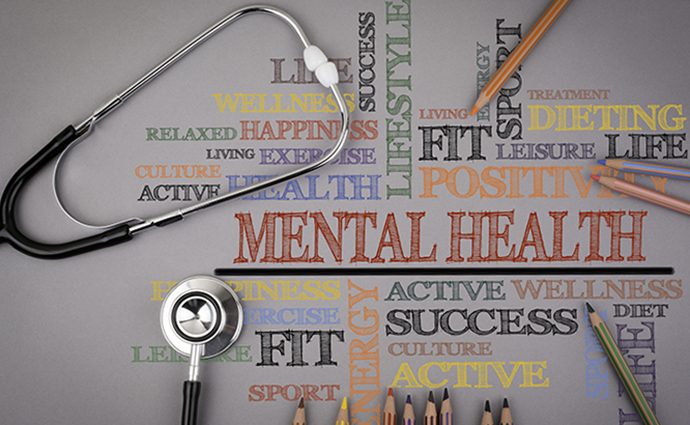FDA Eases Guidelines for New mHealth, Telemental Health Treatments
The US Food and Drug Administration is easing pre-market certification requirements for new mHealth apps and telehealth tools designed to help patients and providers access mental health resources during the COVID-19 emergency.

Source: ThinkStock
- With the Coronavirus pandemic putting a strain on the mental health of both patients and providers, federal officials are easing up on regulations for mHealth and apps and telehealth services to push more telemental health services to market.
Earlier this month, the US Food and Drug Administration issued new guidance in the wake of the COVID-19 emergency that relaxes pre-market certification on certain Class 2 prescription-only connected health tools, such as apps and devices, that are designed to treat depression, anxiety, insomnia and other conditions. The guidance also clarifies the agency’s rules on low-risk devices aimed at health and wellness.
(For more coronavirus updates, visit our resource page, updated twice daily by Xtelligent Healthcare Media.)
“In the context of the COVID-19 public health emergency, the use of digital health technologies, including software as a medical device or other digital therapeutics solutions, may improve mental health and well-being of patients with psychiatric conditions during periods of shelter-in-place, isolation, and quarantine,” the 12-page document reads. “In addition, the use of such technologies has the potential to facilitate ‘social distancing’ by reducing patient contact with, and proximity to, health care providers, and can ease the burden on hospitals, other health care facilities, and health care professionals that are experiencing increased demand due to the COVID-19 public health emergency.”
The ruling aims to clear the way for mHealth and digital therapeutic apps and certain telemedicine tools to help deal with the mental health fallout from the ongoing emergency. It doesn’t pertain to apps or devices that aim to replace psychiatric care (either in-person or via telehealth) or that treat specific or urgent psychiatric conditions like suicide.
What it does do is give patients access to more treatment tools at a time when providers are scarce or booked solid. It also gives care providers more opportunities to recommend mHealth treatments to augment in-person or telehealth care.
The FDA’s action drew praise from Bradley Merrill Thompson, an attorney and digital health expert with Epstein Becker Green, who noted both the short-term and long-term effects.
“FDA has taken some very practical steps to address a rather urgent need,” he said in a recent e-mail.
“What’s interesting about this guidance document is that FDA seems to be doing simultaneously two different things,” he said. “First, for the duration of the COVID 19 emergency, they are essentially waiving most regulatory compliance for what they would call computerized behavioral therapy devices, and even devices that do not meet that definition but are closely related. But second, it would appear that FDA is also on a more permanent basis beyond the end of this COVID 19 emergency clarifying the scope of what constitutes wellness products. I consider both steps hugely important.”
Thompson has in the past been critical of the FDA, who he says mandate more clinical testing than necessary for certain telemental health apps and devices. Relaxing those requirements during an extreme situation, he says, “is a very practical reaction.”
He further points out that the FDA is keeping some requirements in place – including verification, validation and hazard analysis - so that digital health companies can’t simply create something from scratch and push it onto the market.
“This guidance addresses a truly urgent need,” he concludes. “I think just about everyone appreciates that social distancing as well as the economic stresses that are impacting people today are extraordinary. It also addresses the common sense need to create vehicles that allow people to get some help when they cannot visit their regular doctor or other health professional.
